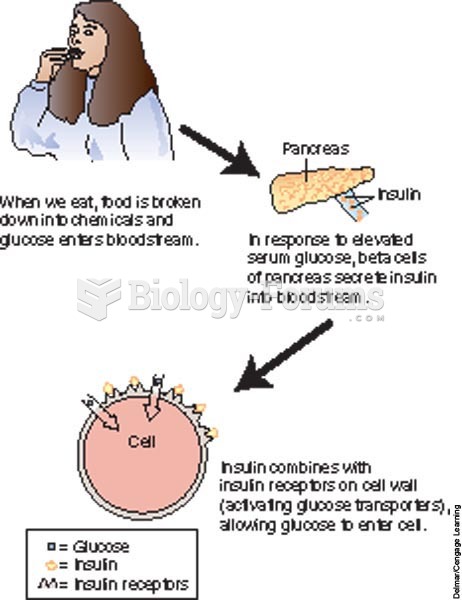Answer to Question 1
B
Feedback
A Incorrect. Working with a child who is to receive the gonadotropin-releasing (Gn-RH) analog depot, the nurse does not most need to prepare the family for the amount of pain and bruising associated with the injection.
B Correct. The child's family will need to be prepared for the financial aspect of the treatment. The GnRH analog depot cost averages 700-1,000 per injection. Third-party payers, with appropriate documentation, will frequently cover the cost of the therapy after the child's deductible has been met.
C Incorrect. Working with a child who is to receive the gonadotropin-releasing (Gn-RH) analog depot, the nurse does not most need to prepare the family for the reaction of extended family members, friends, and others and how this will affect the child's self-esteem and body image.
D Incorrect. Working with a child who is to receive the gonadotropin-releasing (Gn-RH) analog depot, the nurse does not most need to prepare the family for the serious side effects of the Gn-RH analog depot.
Answer to Question 2
B
Feedback
A Incorrect. Our child brushes his teeth all by himself without any help from us. is not the statement made by the caregiver that would indicate that the caregiver had paid attention to the nurse's instructions on dental hygiene practices.
B Correct. We give our child a pea-sized amount of fluoride toothpaste is the statement made by the caregiver that would indicate that the caregiver had paid attention to the nurse's instructions on dental hygiene practices.
C Incorrect. When our child is 6 years old, we will make an appointment to see the dentist. is not the statement made by the caregiver that would indicate that the caregiver had paid attention to the nurse's instructions on dental hygiene practices.
D Incorrect. When our child does a good job brushing, we let her have a lollypop. is not the statement made by the caregiver that would indicate that the caregiver had paid attention to the nurse's instructions on dental hygiene practices.






